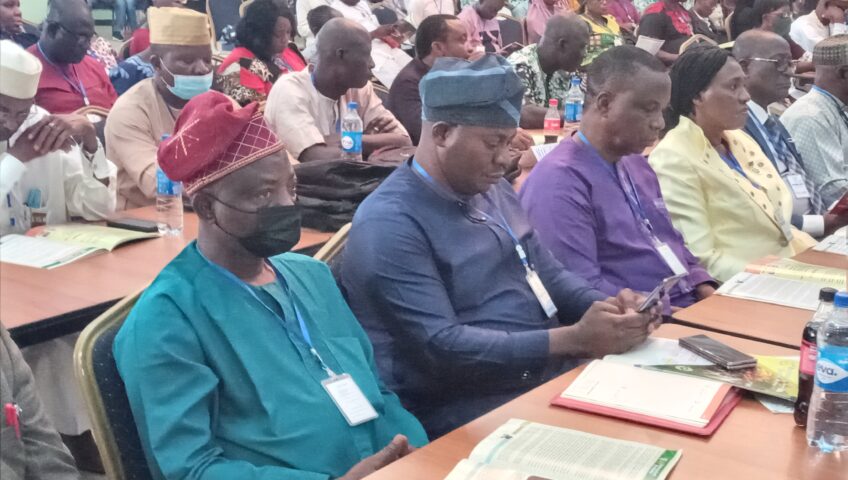…Invest in cassava seed system for optimum raw materials, investors told
Sufficient investments must be made in the cassava seed sector to address the challenges plaguing the supply of quality cassava roots as raw materials to industries, says Dr Godwin Atser, an Advocacy, Promotion and Outreach Lead with the International Institute of Tropical Agriculture (IITA).
In a presentation titled “Harnessing Opportunities in Cassava Seed System for Industrial Growth”, at the just-concluded conference organized by the Nigeria Institute of Food Science and Technology (NIFST), Dr Atser situated the current challenges of cassava production in Nigeria within the corridors of demand and supply. According to him, the present high cost of cassava roots was demand-driven, and farmers’ use of local varieties significantly hampered productivity.
Early this year, many processors had to shut down their factories when cassava root prices rose to more than N85,000 per tonne, up from N12,000 per tonne, before receding to N25,000 per tonne.
With many processing industries now looking for specific improved varieties, Dr Atser stressed that the era of growing cassava without paying attention to the profile of the variety was becoming counter-productive.
“Industries are becoming variety specific, and farmers who want to make it big must go for the varieties in demand,” he maintained.
He disclosed that some of the varieties in demand included: TME 419, Fine Face, Dixon, Farmer’s Pride, Sunshine, Game Changer, Obasanjo II, and Poundable.
“Any of these varieties can yield more than 30 tonnes per hectare,” he added.
Dr Atser explained that the BASICS model of the IITA Building an Economically Sustainable, Integrated Cassava Seed System, Phase 2 (BASICS-II) Project, was transforming cassava seed production, marketing and distribution by ensuring quality along the seed value chain and promoting improved, disease-free varieties. He shared success stories of farmers who have adopted the BASICS model and stressed that the roles of the private sector and governments were critical in ensuring that the model was taken to scale.
In his submission, Chair of the Special Session, Prof Lateef Sanni, the Project Manager of the BASICS-II project, stressed that the need for quality and constant supply of raw materials could not be overemphasized, adding that “it all begins with the seed.”
Sanni, a professor of Food Science and Technology, called on the industry to support the development of a sustainable cassava seed system in the country for wealth and job creation, adding that the project could provide technical support to willing investors.
He also pledged IITA’s readiness to continuously collaborate and partner with all relevant stakeholders including the Benue state government, towards sustainable development.
The 45th NIFST Conference and Annual General Meeting held in Benue State attracted professionals, investors and policymakers.
Also present at the conference was the Deputy Governor of Benue state, Engr Benson Abounu, Dr Augustine Okoruwa of the Global Alliance for Improved Nutrition (GAIN), and Dr Toye Oluwole.
For more information, contact: Dr. Godwin Atser, [email protected]

